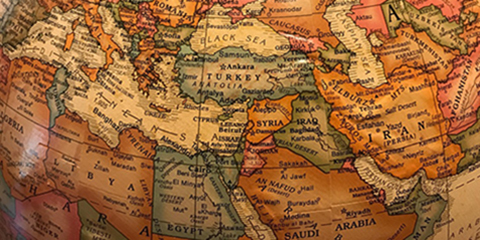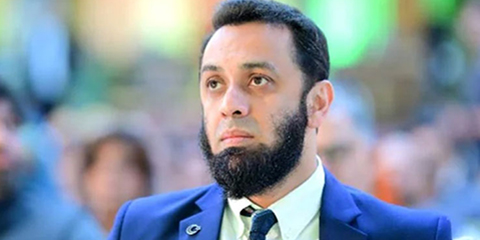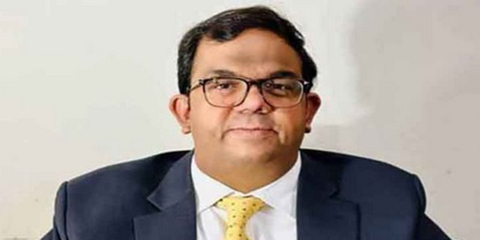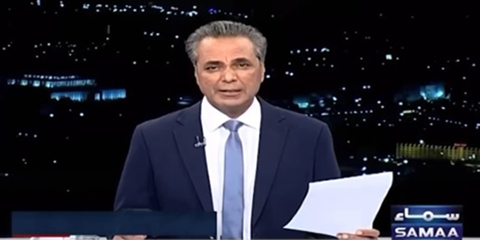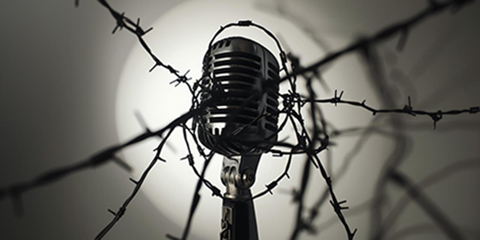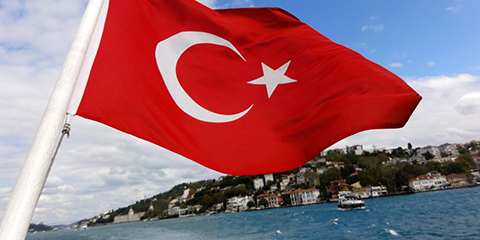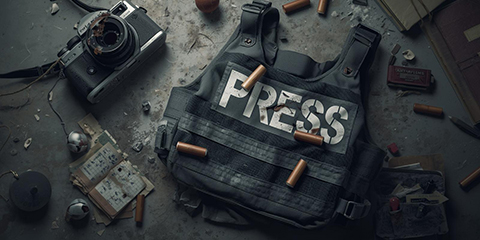Iran convicts Washington Post reporter of espionage
JournalismPakistan.com |
Published 10 years ago
Join our WhatsApp channel

TEHRAN, Iran — Jason Rezaian, the Washington Post journalist who has been detained in Iran for more than a year on charges including espionage, has been convicted, according to Iran’s judiciary spokesman in a ruling the newspaper blasted Monday as “an outrageous injustice.”
Gholam Hossein Mohseni Ejehi confirmed the verdict in comments aired on state TV late Sunday night but gave no indication of what punishment the 39-year-old Iranian-American journalist could face. The ruling is eligible for appeal within 20 days, Ejehi said.
“He has been convicted, but I don’t have the details,” Ejehi said.
In its report, Iranian state TV called Rezaian an “American spy.” He reportedly faces up to 20 years in prison.
The Post’s executive editor, Martin Baron, called the guilty verdict “an outrageous injustice.”
“Iran has behaved unconscionably throughout this case, but never more so than with this indefensible decision by a Revolutionary Court to convict an innocent journalist of serious crimes after a proceeding that unfolded in secret, with no evidence whatsoever of any wrongdoing. For now, no sentence has been announced,” he said in a statement Monday.
The paper is working with Rezaian’s family and legal counsel to swiftly appeal the verdict and push for his release on bail pending a final decision, Baron said.
“The contemptible end to this ‘judicial process’ leaves Iran’s senior leaders with an obligation to right this grievous wrong. Jason is a victim — arrested without cause, held for months in isolation, without access to a lawyer, subjected to physical mistreatment and psychological abuse, and now convicted without basis. He has spent nearly 15 months locked up in Iran’s notorious Evin Prison, more than three times as long than any other Western journalists.”
Baron reiterated the Post’s position that Rezaian is innocent and that he should be exonerated and set free.
In Washington, US State Department spokesman John Kirby said officials were closely monitoring reports of Rezaian’s conviction.
“We still have not seen any official confirmation of a verdict on specific charges or any further information,” he said. “Unfortunately, this is not surprising given that this process has been opaque and incomprehensible from the start. Regardless of whether there has been a conviction or not, we continue to call for the government of Iran to drop all charges against Jason and release him immediately.”
Leila Ahsan, Rezaian’s lawyer, was not reachable for comment on Monday.
Rezaian was detained with his wife, who is a journalist for The National newspaper in the United Arab Emirates, and two photojournalists on July 22, 2014. All were later released except Rezaian.
Rezaian, the Post’s Tehran bureau chief since 2012, grew up in Marin County, California, spent most of his life in the United States, and holds both American and Iranian citizenship. Iran does not recognize dual nationality for its citizens.
Rezaian faced multiple charges including espionage in a closed-door trial that has been widely criticized by the US government and press freedom organizations.
“In Jason’s conviction the judge delivered the will and demand of the intelligence services,” said Hadi Ghaemi, executive director of the International Campaign for Human Rights in Iran. “This is politicized justice at its worst.”
His incarceration and trial played out against the backdrop of negotiations between Iran and five world powers, including the US, that resulted in an agreement for the Islamic Republic to curb its nuclear program in exchange for sanctions relief.
Rezaian last appeared in court on Aug. 10, after the conclusion of the nuclear deal. His lawyer said at the time she expected a verdict could be issued as early as the following week.
Little more than two weeks later, a senior Iranian diplomat alluded to the possibility of swapping Rezaian for Iranian prisoners held in the US, though he dismissed such a trade as something that “is not on the agenda.”
The official, Hassan Qashqavi, Iran’s deputy foreign minister in charge of legal and consular affairs, was quoted by state-linked media as saying the US holds 19 Iranians on “sanctions-related charges” and another 60 for “ordinary crimes.”
“The 19 prisoners in US jails are innocent people under sanctions charges and we hope conditions for their freedom are realized soon,” Qashqavi said on Aug. 25, according to the semi-official Tasnim and Fars news agencies.
President Hassan Rouhani also raised that possibility last month but Iran’s judiciary rejected the idea.
“There is no issue of swaping Rezaian in the judiciary,” Ejehi said last month.
Iran’s state media, citing the indictment, charge that Rezaian collected information on Iranian and foreign individuals and companies circumventing sanctions and passed them on to the U.S. government.
“(Rezaian) entered Iran under the cover of a reporter in 2012 and began identifying individuals and companies that bypassed sanctions and cooperated with Iran,” Iranian state TV’s website said Sunday. “The information Rezaian provided to Americans led to many businessmen and Iranian as well as international companies being placed under US sanctions.”
Earlier this month, the intelligence department of the powerful elite Revolutionary Guard, in a report to parliament, claimed that Rezaian is an agent seeking to “overthrow” Iran’s Islamic ruling system.
American and Iranian officials have said they discussed Rezaian’s detention and that of two other Americans, former US Marine Amir Hekmati of Flint, Michigan, and Christian pastor Saeed Abedini of Boise, Idaho, during the nuclear talks. The U.S. also says it has asked for the Iranian government’s assistance in finding former FBI agent Robert Levinson, who went missing in 2007 while working for the CIA on an unapproved intelligence mission. - AP
Explore Further
JournalismPakistan.com launches dedicated Middle East section to deepen regional media coverage
November 07, 2025:
JournalismPakistan.com launches a Middle East section to expand regional reporting. New coverage will follow JP’s editorial SOPs—verification, balanced sourcing, and two-stage review—placed between Asia and World on the Home Page.
Russia slams Pakistan’s Frontier Post for ‘Western bias’; newspaper hits back
November 07, 2025:
Russia accuses Pakistan’s Frontier Post of anti-Russia bias; the paper defends press freedom and independence. A diplomatic clash over media narratives.
Javed Chaudhry signs off from Express News after 18 years on ‘Kal Tak’
November 07, 2025:
Veteran journalist Javed Chaudhry bids farewell to Express News after 18 years on Kal Tak, marking the end of an era in Pakistani television journalism.
Why only Nukta, Mr. Minister? Media workers question government's selective support
November 06, 2025:
Information Minister Attaullah Tarar’s job offer to Nukta staff draws criticism as hundreds of journalists across Pakistan face layoffs, salary delays, and job insecurity.
